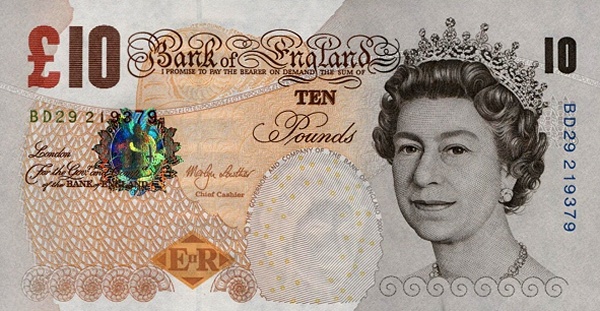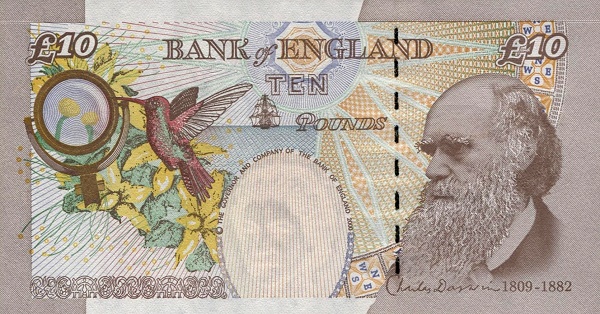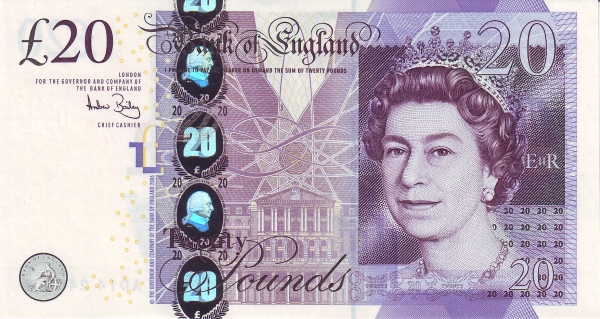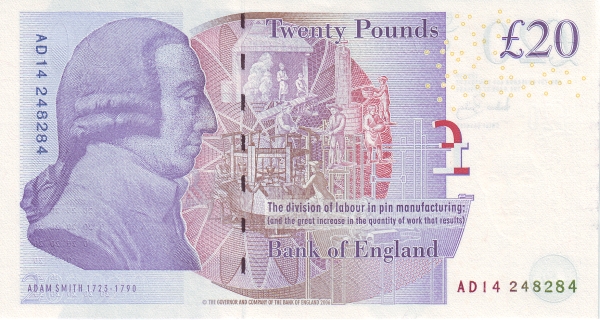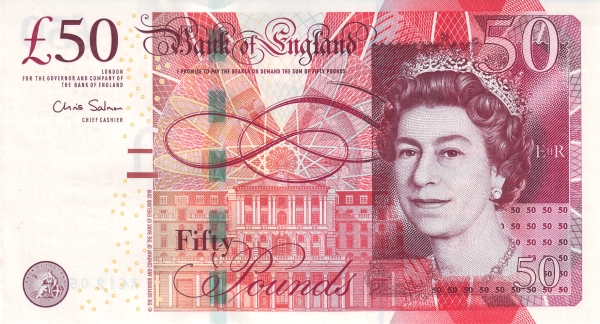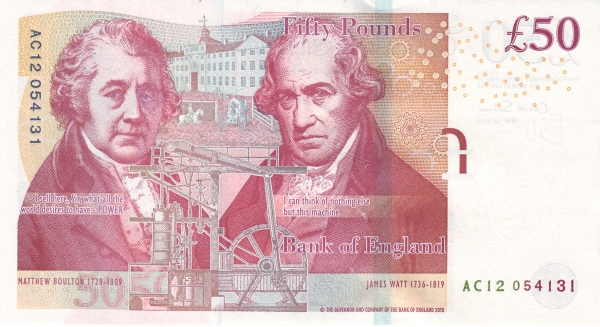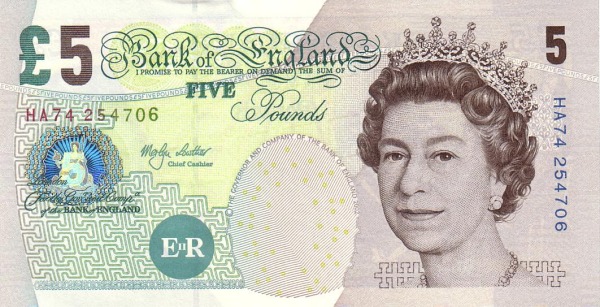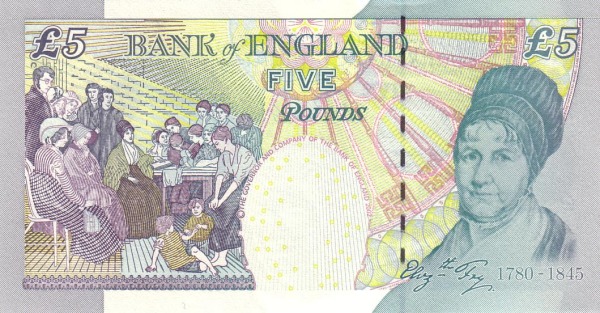Exploring the United Kingdom: A Comprehensive Overview
The United Kingdom, often simply referred to as the UK, is a fascinating nation located on the island of Great Britain in north-western Europe. This diverse country comprises four countries: England, Wales, Scotland, and Northern Ireland, which occupies the northeastern part of the island of Ireland. Interestingly, the UK shares its only land border with the Republic of Ireland. Furthermore, the English Channel separates the kingdom from continental Europe, allowing for unique maritime influences.
The Geography of the United Kingdom
Situated on an archipelago known as the British Isles, the UK consists of the two main islands, Great Britain and Ireland, along with several surrounding island groups. These include the Hebrides, Shetlands, Orkneys, Isle of Man, and Isle of Wight. Notably, this island group lies southeast of Iceland and west of both Norway and Denmark. The strategic location also places the UK between the North Sea to the east and the expansive North Atlantic Ocean to the west. As a result, maritime borders connect the UK with countries such as Belgium, Denmark, France, Germany, the Netherlands, Norway, and the Faroe Islands (part of Denmark).
Land Area and Population
The United Kingdom covers an area of approximately 242,900 square kilometers, making it slightly smaller than the state of Oregon in the U.S. In terms of population, around 69 million people call the UK home as of 2024. London, the vibrant capital, boasts the highest population density and serves as a key cultural and economic center. While British English is the predominant language, you'll also hear Welsh, Irish Gaelic, and Scottish Gaelic spoken throughout the nation. Approximately 60% of the population identifies as Christian, reflecting the historical significance of religion in the country.
A Brief Historical Perspective
Historically, the United Kingdom was known as a 'great' nation, especially at the height of the British Empire. At its peak, this expansive empire covered over one-fourth of the earth's surface. Currently, the four constituent nations—England, Scotland, Wales, and Northern Ireland—create a rich tapestry of culture and identity. In the 19th century, Great Britain emerged as the dominant industrial and maritime power, significantly influencing the development of parliamentary democracy, literature, science, and even modern pop music.
Challenges and Changes in the 20th Century
During the first half of the 20th century, both World Wars considerably diminished the UK's strength. However, the latter half of the century marked a turning point. The aftermath of the wars saw the dismantling of the Empire, while the United Kingdom focused on rebuilding itself as a modern and prosperous European nation. As one of the five permanent members of the UN Security Council, alongside being a founding NATO member, the UK established itself as a significant player on the global stage, grappling with its degree of integration with continental Europe, particularly during the Brexit referendum.
Current Political Landscape
The United Kingdom operates as a unitary state with a constitutional monarchy. Within this framework, Scotland, Wales, and Northern Ireland possess varying degrees of devolved power, enabling them to govern certain local matters independently. The monarch, currently Charles III, serves as the ceremonial head of state, while the prime minister leads the government. The United Kingdom's legislative system consists of a bicameral parliament, with its seat located at the iconic Palace of Westminster, serving as the supreme legislative authority.
Post-Brexit Dynamics
Post-Brexit, the United Kingdom continues to explore its direction regarding European relations. Even after leaving the European Union in June 2016, the UK remains outside the European Monetary Union, exercising caution in terms of economic integration with its European neighbors. Additionally, the ongoing topic of constitutional reform remains prominent in UK discussions, with regional assemblies established in Scotland, Wales, and Northern Ireland since 1999. These assemblies provide a platform for local governance and reflect the diverse needs of the UK's varied populations.
Cultural Contributions and Global Influence
When it comes to cultural contributions, the United Kingdom stands out. It has a remarkable heritage in literature, with authors such as William Shakespeare, Jane Austen, and J.K. Rowling making significant impacts worldwide. Furthermore, British music, from the Beatles to Adele, continues to resonate globally. The nation's contributions to art, science, and education further solidify its influence in various domains.
The UK's Role on the World Stage
In terms of its global role, the United Kingdom actively participates in international organizations and debates. As a founding member of the Commonwealth, it promotes cooperation among countries with shared historical ties while navigating modern geopolitical challenges. This involvement ensures that the UK's voice continues to resonate in global discussions.
A Land of Opportunities
Lastly, the United Kingdom remains a land of opportunities. With its diverse economy, higher education institutions, and vibrant cities, it attracts millions of visitors and expatriates alike. Whether one seeks to pursue higher education, explore cultural landmarks, or embark on business ventures, the UK offers countless possibilities.
Conclusion: The United Kingdom's Future
In conclusion, despite facing numerous challenges, the United Kingdom remains a dynamic and multifaceted nation. Its rich history, cultural contributions, and ongoing developments in governance and global relations reflect its enduring significance on the world stage. As the UK continues to navigate its post-Brexit identity, it is poised to embrace new opportunities while cherishing its diverse heritage.
Largest cities of: United Kingdom
| City Name | Population | Year of foundation | |
| London | 8,982,000 | 43 | |
| Birmingham | 1,137,000 | 1791 | |
| Leeds | 793,200 | 1200 | |
| Glasgow | 635,640 | circa 570 | |
| Sheffield | 584,853 | 1297 | |
| Manchester | 553,230 | 1800 | |
| Liverpool | 498,042 | 1207 | |
| Newcastle upon Tyne | 148,000 | founded 1080 |
United Kingdom: Money
